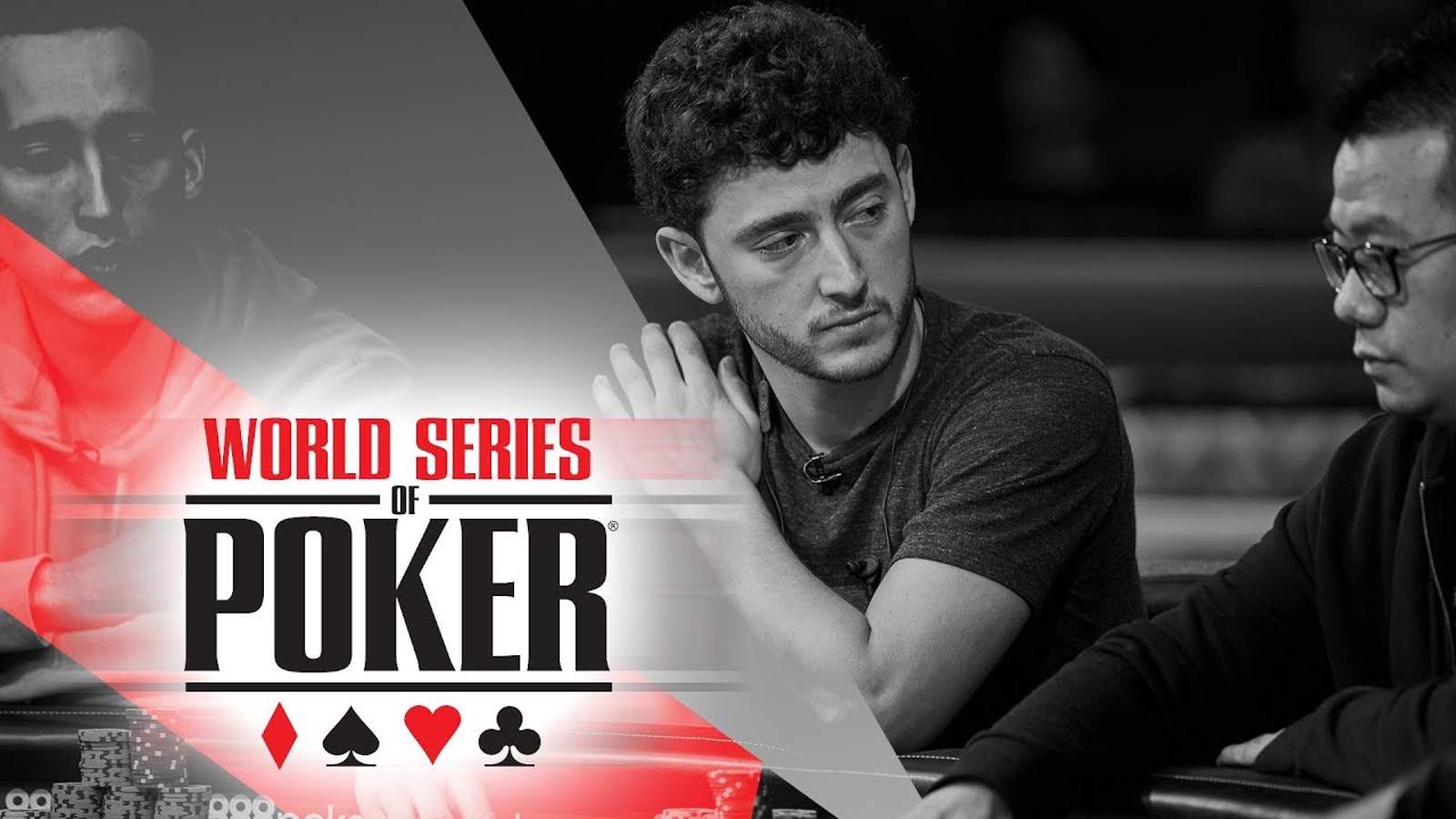
Related Articles
As part of the new Poker Central website, we are happy to continue the ‘Strategy Series’. Each week, our team will bring you important strategy articles, highlighting a wide variety of poker topics. These articles will build off one another, creating an inventory of must read poker material. This week, we’re making the jump to our first in-game article, how to deal with tilt.
What is tilt?
While tilt may feel like and look like a lot of different things, tilt is not playing up to your ability. We all know how good we can play, when we set goals, when we have mentally prepared for a session and when we are ready to grind. When we diverge from that path, it’s a slippery slope and if we are going to be winning players, we have to avoid tilting at all costs.
Before we get into measures to avoid tilting, we have to first identify what tilting looks like. Tilting involves blowing through stacks of chips through excessive betting and raising. Tilt also, piggybacking off the last point, involves playing too many hands. Tilt is also when you are chasing loses, tilt is not playing your best game and tilt is losing discipline.
So, how do we avoid tilt?
The easiest way is to treat every decision independently. No matter what happened on the previous hand, one that could have gone the wrong way and could potentially cause you to tilt, the next hand is a clean slate. The past is the past and lingering on bad beats, suck outs and bad luck will get you nowhere.
Another way to avoid tilt is to not track your session. Too often, players will enter a game and be fixated on the number of chips that they have bought in for. They will then spend the rest of the session comparing their current stack to their original holdings and when players find themselves below that threshold, they may tilt and adjust their playing style to get back above that initial chip stack. If you avoid keeping score of your session, you won’t see a deviation in your playing style and decision making.
The last way to avoid tilt, is to play within your bankroll. If you are properly rolled for a game and you are on the negative side of variance for that session, that loss should not hurt you, mentally or financially. If you are not rolled for the game, the negative reaction to the loss could affect your play in future sessions.
If we, as players, can attack every decision independently, not keep score and play within ourselves and our bankrolls, we will hopefully defend ourselves from tilting during sessions. It’s easier said than done but if we want to be winning players, we have to avoid tilting.
Related Articles
McCormack, 'Big Three' Prepare For Another 'Banner Year'








